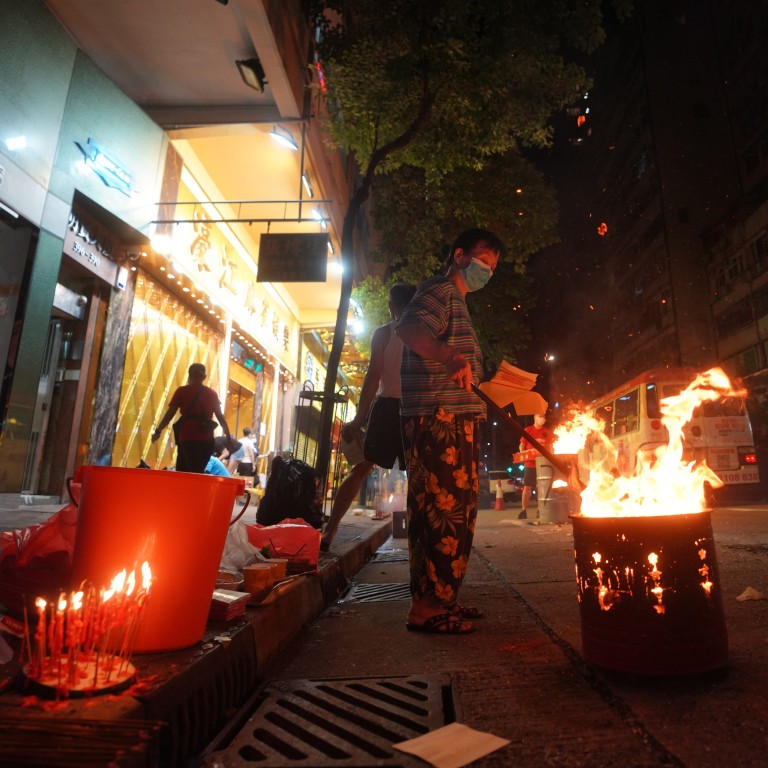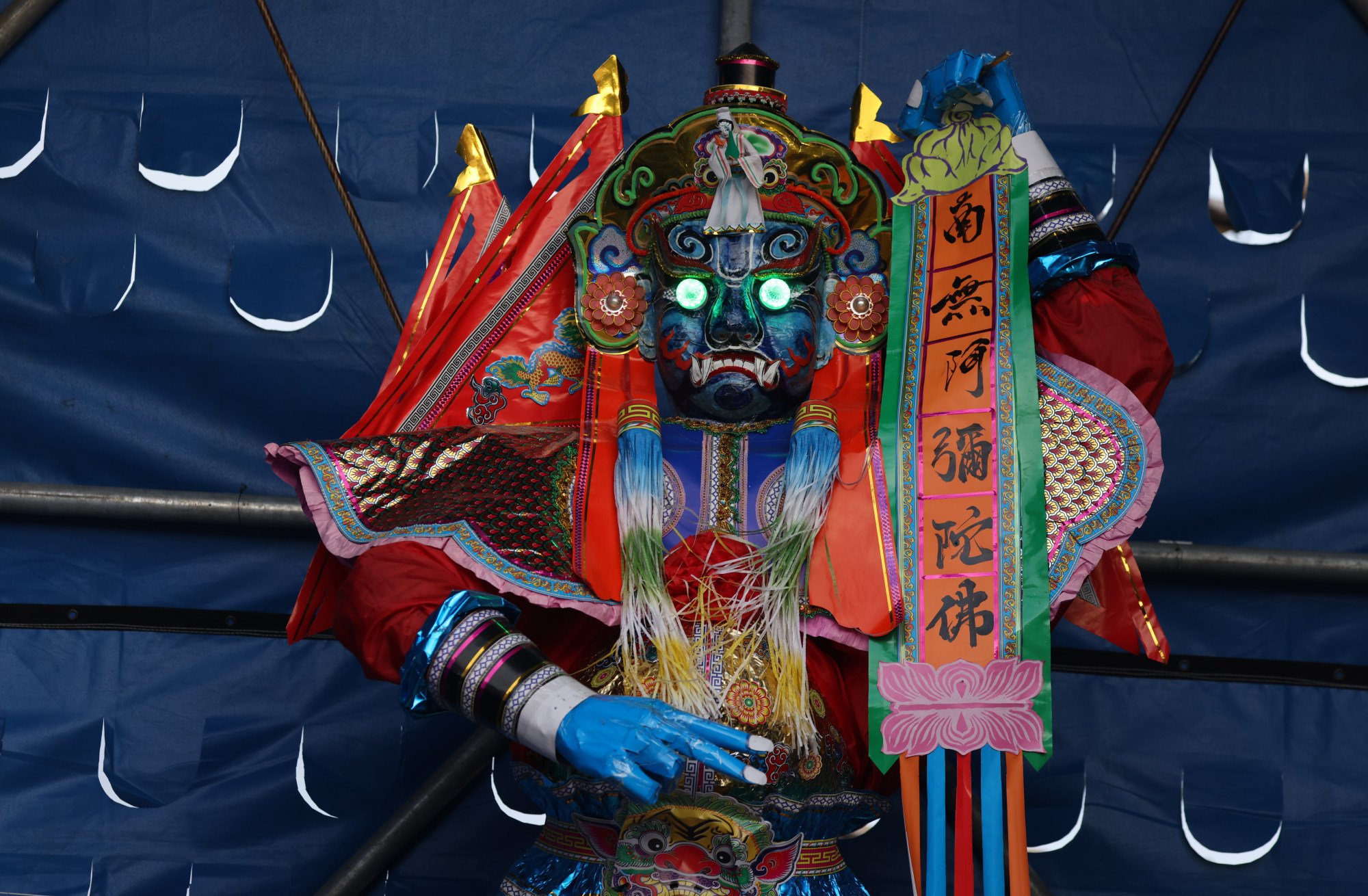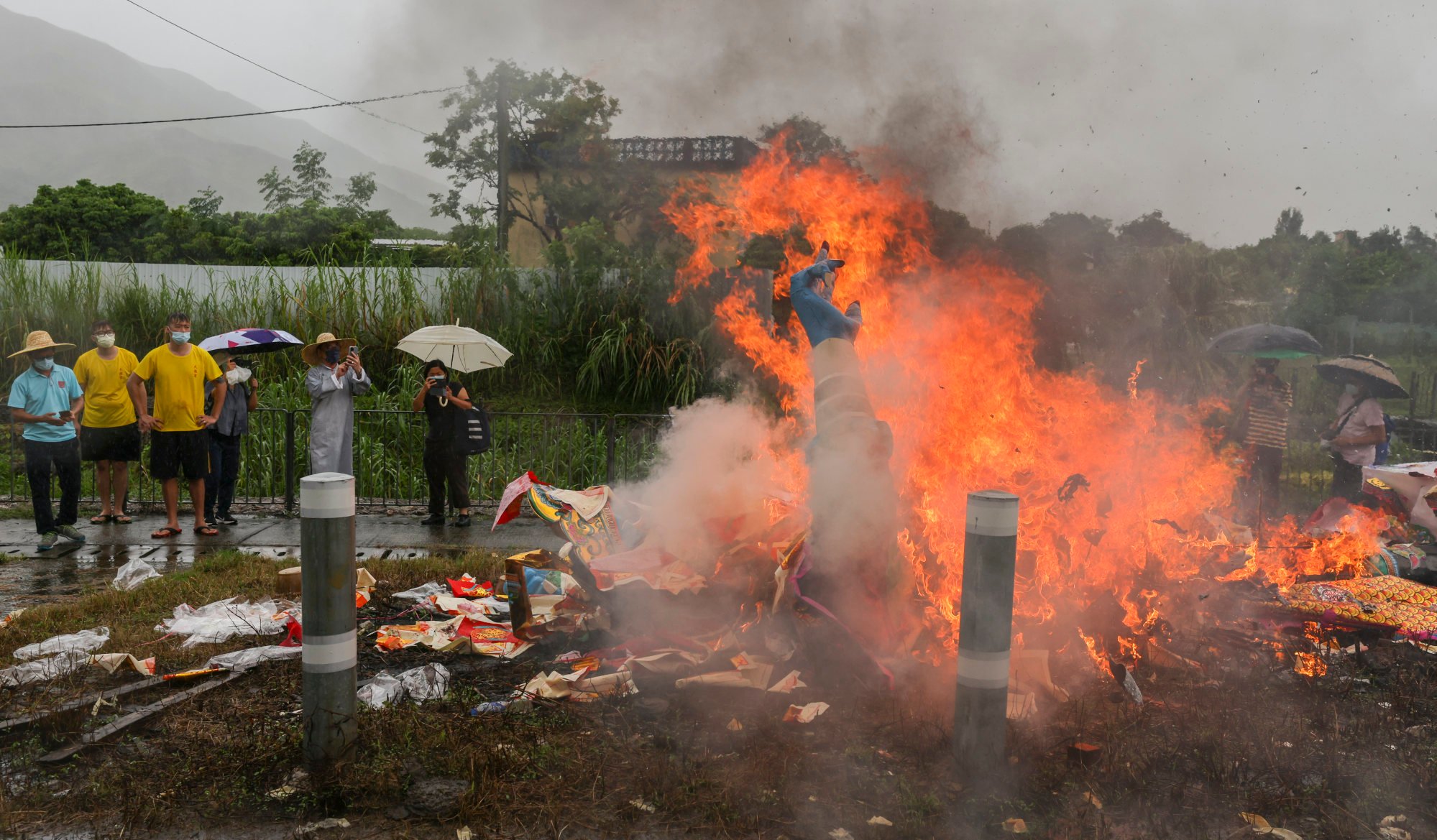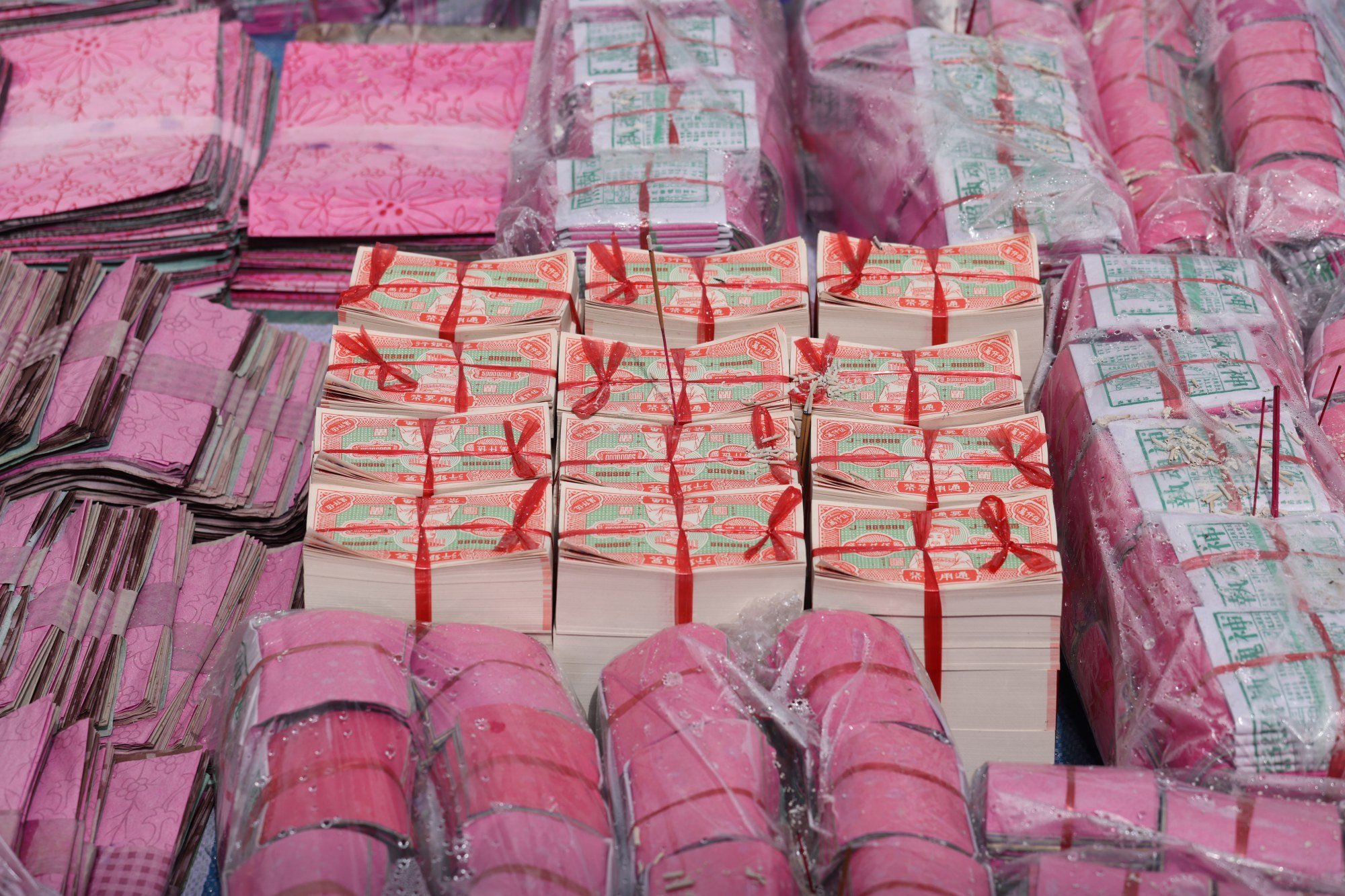
Hungry Ghost Festival: old taboos, about swimming and answering to your name at night, messy offerings, and why I’d like to meet a real ghost
- This is the time in the Chinese calendar when ghosts walk among the living and need appeasing with offerings (BTW why burn paper money in the pay-by-phone era?)
- There are many taboos associated with the ghost month, but me, I’d like to see a ghost – to know there’s an afterlife, or at least seek winning lottery numbers
The seventh month in the traditional Chinese calendar, which falls between August 12 and September 14 this year, is associated with ghosts that supposedly wander among the living during that period.
These spirits, which may be of one’s dead relatives or any number of spectral entities, need to be appeased with offerings, failing which misfortune would befall one. A darker, more sinister version of trick or treat, if you will.
Many recent social media posts have shed light on the “true” origins of the festival and the “proper” way to observe it, but these prescriptive explanations are missing the point.

For adherents of folk customs and even established religions, what they believe in and the rituals they perform are never static. These have always evolved, sometimes to the extent of becoming unrecognisable from their original forms, and they will go on evolving.
Different Chinese communities, both within and outside China, have their own ways of observing the Hungry Ghost Festival, but common among them all is the offering of incense and food to the unseen ghosts in our midst, which I’m sure you’ve seen in the last couple of weeks.

I do wish that a little more respect could be shown to the intended recipients of the offerings, which are usually made in a slapdash manner, without even the tiniest nod to aesthetic presentation – joss sticks or candles are stabbed into fruits, meats or sweets are laid out in opened Styrofoam boxes, their lids flapping in the wind.
The way these offerings are made seem to hint at a grudging resentment. It’s as if the living are telling the dead, “Go on. Feed yourselves and then go away!”
Another common ritual involves burning. Paper replicas of banknotes and chattels are burned in the belief that dead relations are able to receive and use them in the spirit realm, which apparently mirrors the earthly one.
The problem with burnt offerings today is that they add to the air pollution, not to mention the copious quantities of paper used. While I understand that supernatural beliefs are seldom rational—why would digitally savvy ghosts with smartphones need so much cash?—environmental concerns must be addressed.
Burning could be reduced to a minimum (one high-value gift voucher or cheque, for example) or even replaced by an alternative, digital offering.
There were many taboos associated with the Chinese seventh month when I was growing up, the subject of stories and dares among childhood friends.

There was the one that warned you against answering when you hear your name being called at night. Swimming was dangerous because malevolent spirits also love the water and they like your company a little too much. Clothes shouldn’t be left out to dry at night because ghosts would be attracted to the human-like shapes of hung laundry.
There were many other cautionary tales, and they get more deliciously chilling with each retelling.
I have long stopped heeding these warnings, whose main purpose is to forestall an encounter with a ghost. If anything, I’d very much like to meet a real ghost.
What Chinese solar calendar teaches us about eating well in autumn
It will be irrefutable, and reassuring, evidence that there’s some kind of afterlife beyond the threescore and ten years of our days on earth.
It will also be a chance to get the answers to all of humanity’s questions: why is there suffering and death? What is good and evil, and why does evil go unpunished? What is the meaning of it all?
However, if the ghost can’t answer these questions, then the least they can do is to give me the next winning Mark Six lottery numbers. In return, they will get a nice cut of char siu and a couple of apples from me.

